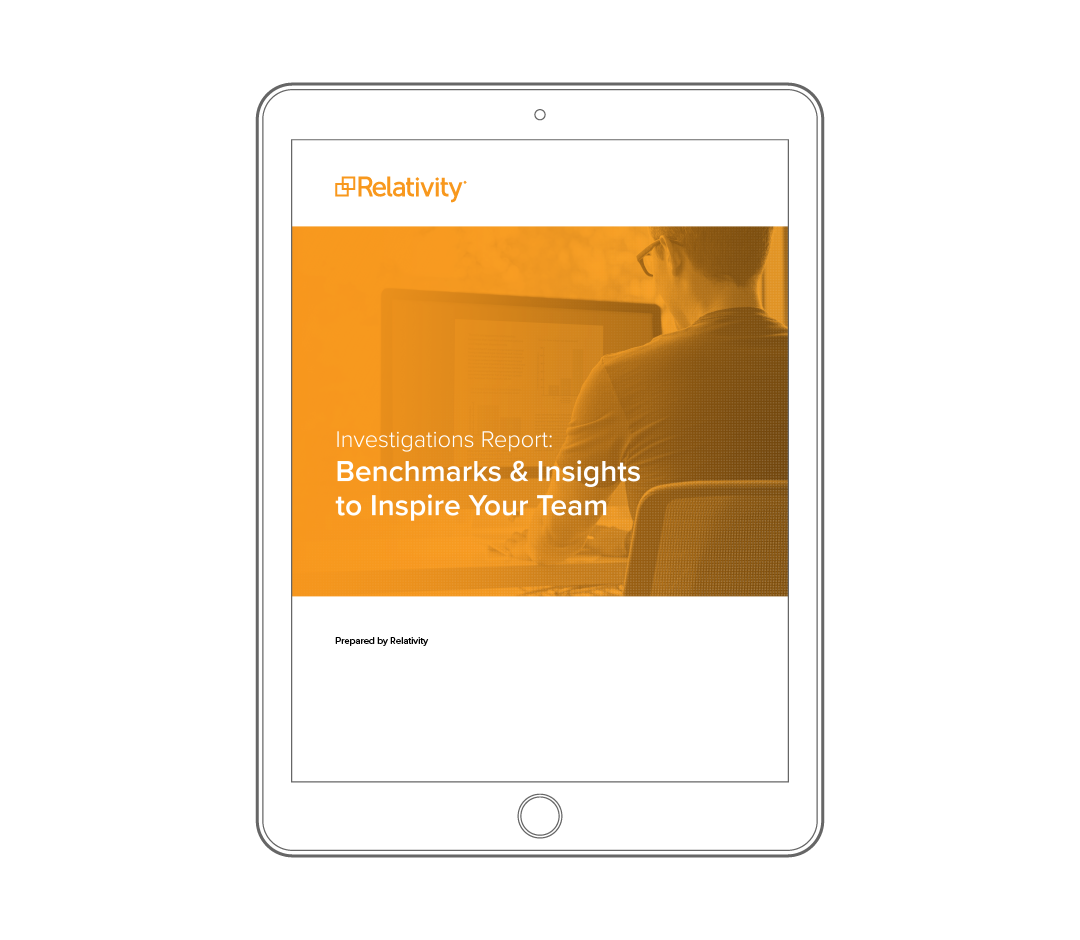There are e-discovery trainings. And then there are e-discovery trainings at the White House.
On February 13, ACEDS faculty visited the Executive Office of the President to provide onsite, tailored e-discovery training for White House staff. The training team—Mary Mack and Kaylee Walstad from ACEDS, Shannon Bales of FTI Consulting, and David Greetham of Ricoh USA—delivered a full day of content on e-discovery basics to the 26 staff members in attendance.
We spoke to David Greetham about the experience. Following are his takeaways on the uniqueness of e-discovery for the Executive Office, why collaboration across disciplines is critical for every kind of organization, and how it felt to visit Washington, D.C.
Sam: David, thanks for chatting with me. Can you tell me about the event? How did this opportunity come up?
David: ACEDS was engaged by the Executive Office of the President to provide some updated computer forensics and e-discovery training for their staff. Members of various groups in that office were in attendance, including those from e-discovery, forensics, data management, and others. ACEDS invited me to present three of the 11 sessions, specifically related to computer forensics, e-discovery processing, and document review.
How were your lessons received among attendees? Did they seem engaged?
It was a diverse group, so for some it was brand new, and for others it reaffirmed what they already knew. However, even at different levels of experience, the content gave everyone perspective on their legal adversaries and their adversaries’ challenges.
One interesting point to note is that this staff are White House staff regardless of the current administration; presidents come and go, but these groups stay. They bring deep experience to the table on the projects they’re tasked with.
Overall, the group was very engaged, and it became quite interactive—especially when we discussed real-life case studies. Our goal was to make it a two-way communication, and I believe we achieved that.
What unique considerations might this government team have when facing e-discovery projects?
The most obvious is that they have a retention policy for everything. They never delete anything. It’s part of the Presidential Records Act of 1978—a law that requires everything be kept from each presidential administration.
On top of that, due to the sensitivity of their work, they don’t outsource anything—not collection, not document review—nothing. That’s due to the nature of their work.
How did these considerations affect the impact of the training for attendees?
It was interesting for attendees to see what private entities and corporations have in place in terms of retention policies. The government may make a request of an organization that doesn’t have that data anymore because it was deleted as part of a reasonable policy. I believe it can help the White House team to specifically refine their requests and understand that not everyone keeps everything forever, given that they simply don’t face the same level of heavy compliance requirements.
Why do you think ongoing training is important in this field?
The e-discovery field has constant changes—not just in technology or the law, but workflows too. I think ongoing training is important for teams and individuals, because it enables them to better understand the many facets of e-discovery and how these facets are evolving.
I also believe that employers should consistently invest in their teams, and training is certainly one way of doing that. Speaking the same language, understanding changes in the rules surrounding e-discovery, and building a team that is engaged, thriving, and industry-educated are important components of success.
Going off of that, why are cross-functional learning opportunities like this essential—for any organization?
It’s about enabling everyone to speak the same language. You open the field for better workflows and conversations when everyone is speaking the same vernacular and on the same level. That’s the best outcome for a cross-functional training like this. Some of the content might’ve been less or more interesting to different groups, but if they’re aligned in this way, it will have a positive impact.
What did you learn from this experience?
I learned more about the environment this group is in. It gave me a new perspective on the unique challenges White House staff face, and how those challenges may apply to other groups.
Outside of the sessions, Washington, D.C. is such an historic place to see. It was an honor to be there and to be invited by ACEDS. I’m not a United States citizen, but I still felt a sense of patriotism, which was strange. In some ways that made the honor greater.












